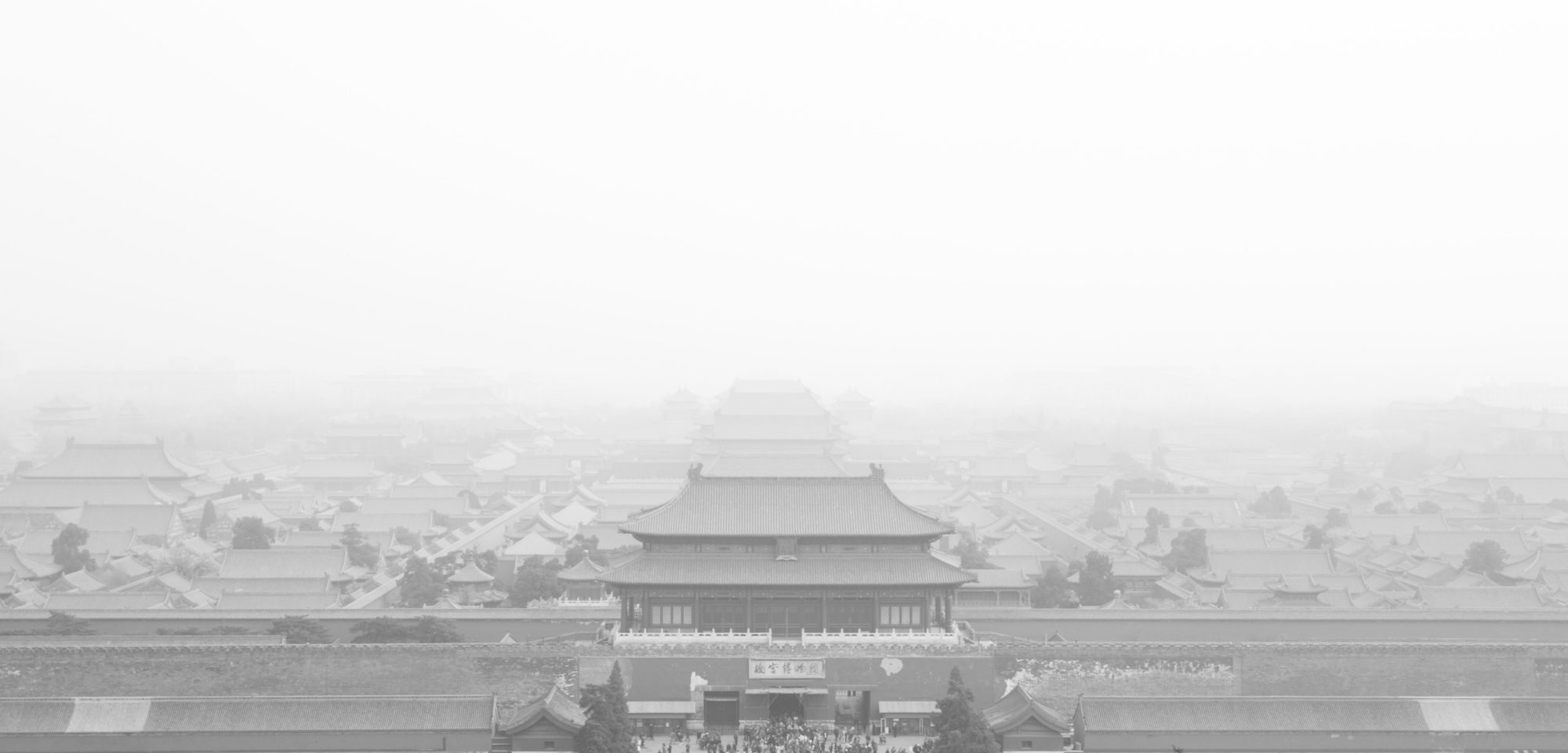The Communist Party of China (CCP) had its 19th Party Congress last month, where it debuted the newest iteration of the Politburo Standing Committee, reiterated the country’s commitment to combatting climate change… oh, and enshrined ‘Xi Jinping thought’ into its constitution.
Now this certainly sounds like a big deal, but what does it mean? Well, the New York Times said it makes questioning Secretary Xi ‘ideological heresy.’ Oh.
Vox posited that Xi will use his heightened status to consolidate his power further, crack down on dissent, and broaden the definition of what actually constitutes dissent. Indeed, China recently floated the criminalization of “disrespecting the national anthem,” a debate with which the United States has become unexpectedly familiar in recent months. But in terms of foreign policy, it means that we can expect Xi to lead China in reshaping the international arena to serve its own interests. After all, under his leadership, China has already taken significant measures to do so, and has stated its intent to continue to do so.
Some of these measures appear peaceful, or at least cooperative. China’s Belt and Road Initiative, for example, ostensibly promotes integration— in finance, infrastructure, trade, and culture—with the country’s neighbors and other countries further afield. The initiative’s official explanation is full of aspirational terminology placing it “… in line with the purposes and principles of the UN Charter.” That this applies to China’s interpretation of the UN Charter remains unsaid, but is central to its understanding. Per analysis in The Diplomat by Alek Chance, the initiative — deemed by Chance to be President Xi’s signature policy — promotes “… a Chinese vision of multipolar global governance, an important element of which is the rejection of prioritizing democratic norms or providing external foundations from which to challenge state sovereignty.” These principles have been part of Chinese rhetoric on foreign policy for decades, but have been met with little action of any substance to actualize them. Everything Xi has said suggests this is likely to change.
Such peaceful measures are accompanied by more overtly militant acts. In the South China Sea, for example, China has been building military facilities on artificial islands it uses to justify its claim to those waters. The United States — in accordance with international law — does not recognize those islands as conferring ownership of the surrounding waters, and has regularly conducted Freedom of Navigation Operations throughout them since 2015. More alarmingly, China has reportedly practiced attacks on the US territory of Guam.
Not only has Secretary Xi’s regime ostentatiously flexed its military muscle near to home, but it has set about acquiring capabilities to project military force abroad. Earlier this year, for example, China launched its first domestically-produced aircraft carrier. Its next could be equivalent — in size and capability — to those of the United States. On top of that, China’s navy is reportedly pursuing a naval equivalent of its anti-ship ballistic missile systems that already pose a serious challenge to military operations in the Western Pacific. This technological advancement is matched by overall increases in China’s armed forces: China’s navy commissioned 18 new vessels in 2016 alone. Such investment suggests that China aspires to be able to defeat a world-class military like that of the United States even when far from Chinese shores. This has been doctrine for years; we should be inclined to believe them when they say it.
Underneath all the equipment and physical modernization, though, lies the question of the will to use this newly-acquired power. And that is where Xi has made every indication that he intends to make a substantial break from the past. For most of the last 40 years, the Party has kept the scope of interests over which it has been willing to “go to bat” relatively circumscribed. General stability in the international and regional strategic conditions served the “Peaceful Rise” (和平崛起) concept that dominated messaging under Hu Jintao, and this could be achieved for the Party with minimum participation in the system. But many of the ideological interests that the Party would prefer to pursue (export of its regime of propaganda and control of criticism of the Party, recognition of its autocratic state capitalism as a moral equivalent kind of politics to Western Democracy, and formal acknowledgement of its de jure control of the South China Sea, for three examples), will now be brought to the foreground under Xi and pursued overtly and forcefully. Take them at their word when they say they will.
Even partial success in these endeavors would constitute a challenge to the moral and economic influence of the Western model magnitudes greater than any yet seen in the 21st century. The global China challenge has been brewing for years, but the reality is now upon us. It is no longer — and has not been for more than a decade — simply a question of an imbalanced trade relationship. It is time for the US political consensus to recognize this and publicly elaborate a China strategy that incorporates these growing challenges. To do otherwise would only serve the interests of the CCP.





















